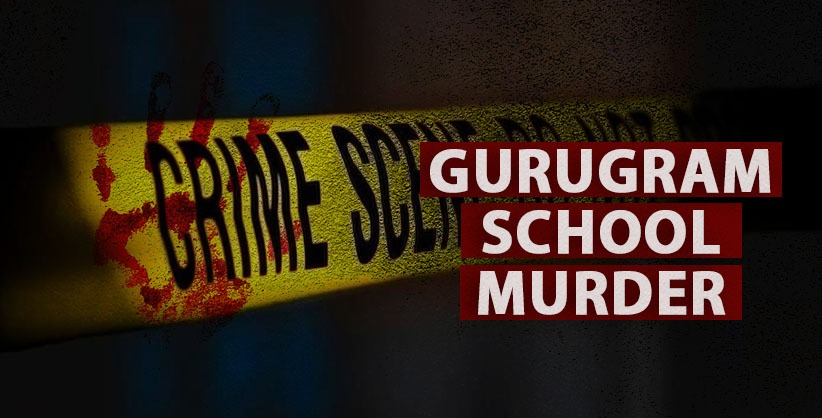NEW DELHI: The Supreme Court on Thursday allowed interim bail to a youth, who, as a Class XI student, was accused of killing a seven-year-old grade II pupil at a reputed private school in Gurgaon in 2017 allegedly in order to get impending examinations and parents teachers meeting postponed.
A bench of Justices Dinesh Maheshwari and J K Maheshwari noted that the accused has been in detention for nearly five years now and trial has yet not commenced in the case investigated by the CBI.
The Juvenile Justice Board had on October 17 declared that the accused student would be tried as an adult and not as juvenile in the case in which the seven-year-old student was found with his throat slit outside the school's washroom on September 8, 2017.
The top court said the bail would be granted on such terms and conditions as may be imposed by sessions judge Gurugram and the accused would have to remain under the continued supervision of probation officer.
The court scheduled the matter for further hearing in January 2023.
The court noted that the petitioner was 16-year-old when he was taken in detention and is 21 now.
Although he is at present being housed in a correctional home, his continued detention pre-trial may have its own adverse effects, it added.
Senior advocate Manan Kumar Mishra and advocate Durga Dutt on behalf of the accused, contended that there is no direct evidence against the petitioner, and there is no eye witness to the occurrence. A careful perusal of entire material would show that except the baseless suspicion, there is absolutely no material produced by the CBI to connect the petitioner with the alleged offence, they said.
The counsel further argued that while dealing with the bail matter, none of the courts below have ever tried to examine the materials on records meticulously.
Claiming that there is nothing on record which could justify the prosecution of the petitioner, the counsel said it is a settled principle of law that the suspicion howsoever strong it may be, cannot take the place of the evidence and a conviction cannot be based on a mere suspicion.
The Gurugram Police had initially arrested a school bus conductor for the murder. However, later, the investigation was handed over to CBI, which arrested the accused, saying he had confessed to killing the Class II student.
The counsel alleged a careful perusal of the charge sheet submitted by the police would establish that CBI was deputed not to find out the truth; rather the only object of the CBI was to manipulate and manage the things, create hypothetical evidences in order to exonerate the real culprit and implicate the innocent boy of sixteen and half year.









